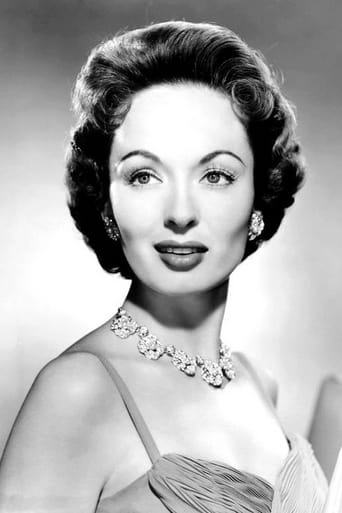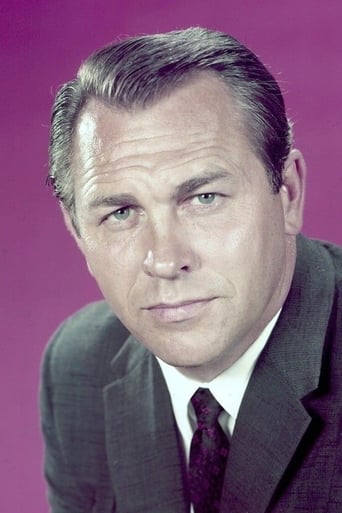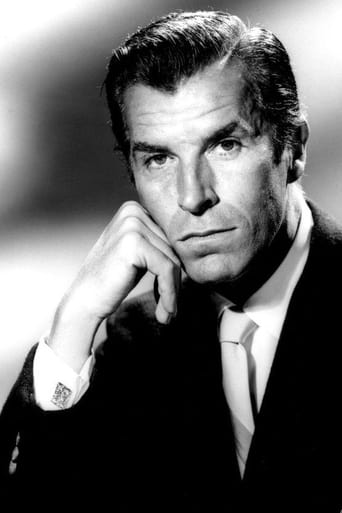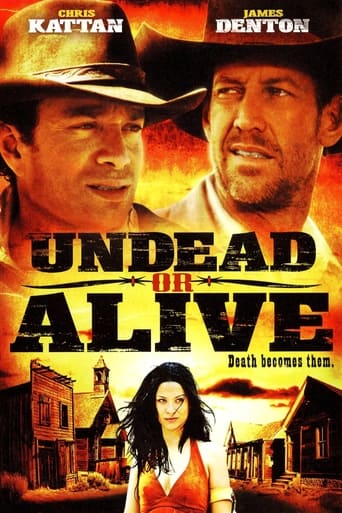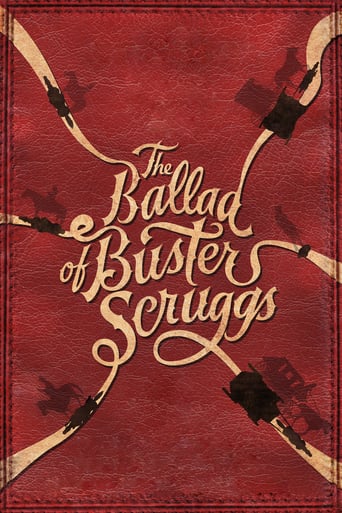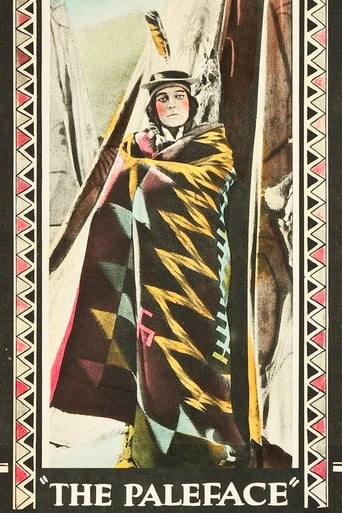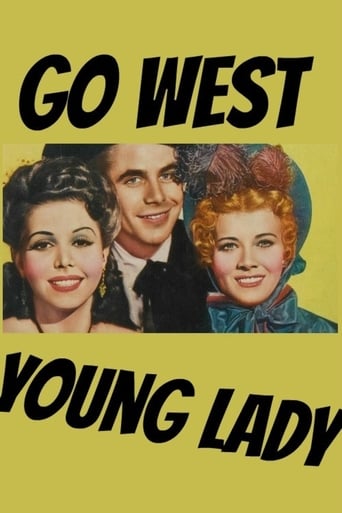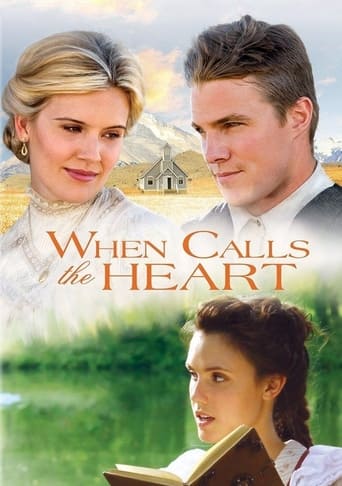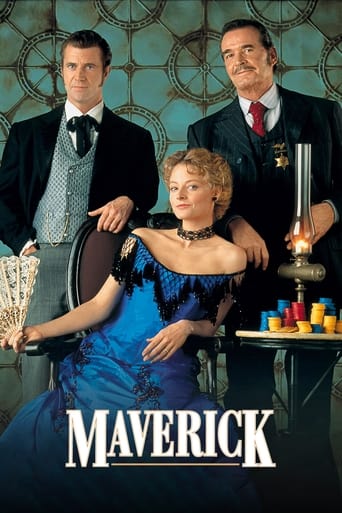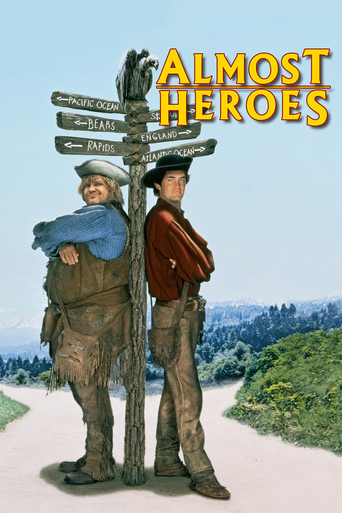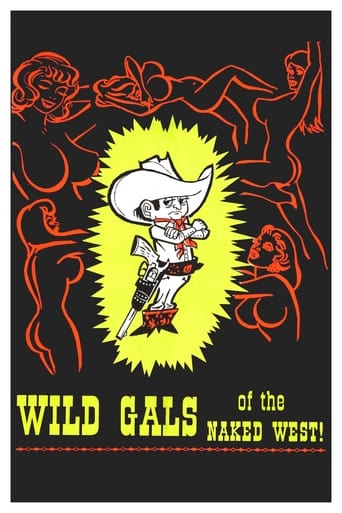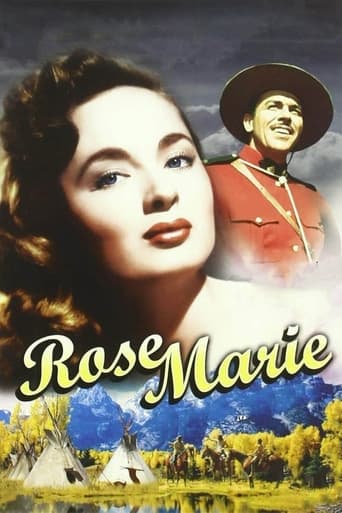
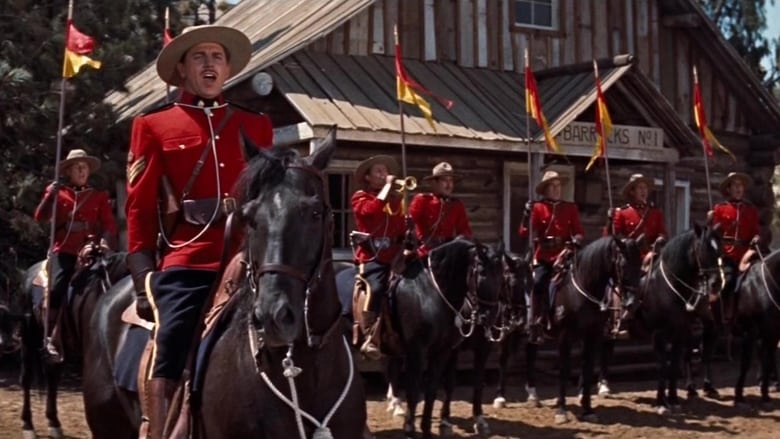
Rose Marie (1954)
Rose Marie Lemaitre, an orphan living in the Canadian wilderness, falls in love with her guardian, Mike Malone, an officer of the Royal Canadian Mounted Police. The feeling is mutual. But, when she leaves to learn proper etiquette, Rose Marie meets a trapper named James Duval, who also falls for her. Further complications arise when Native American Chief Black Eagle -- a rival of Duval's -- is murdered.
Watch Trailer
Cast
Similar titles
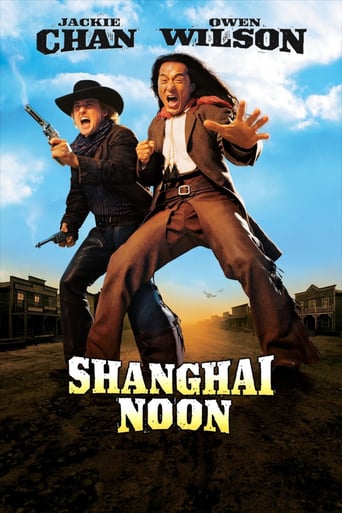
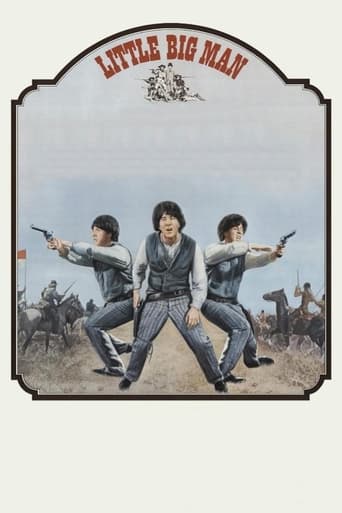
Reviews
I love this movie so much
Why so much hype?
Film Perfection
It’s an especially fun movie from a director and cast who are clearly having a good time allowing themselves to let loose.
Copyright 3 March 1954 by Loew's Inc. A Metro-Goldwyn-Mayer picture. New York opening at the Radio City Music Hall: 1 April 1954 (ran five weeks). Los Angeles opening: 2 March 1954. U.K. release: 20 September 1954. Australian release: 14 June 1954. 104 minutes. SYNOPSIS: The beautiful daughter of an Indian chief (Yowlachie) is madly in love with a trapper (Lamas). The trapper is also loved by "a waif of the forest" (Blyth). Anyway, the trapper is arrested for murder by a Mountie (Keel), even though the Mountie is unsure of the trapper's guilt. NOTES: The Rudolf Friml musical was previously filmed by M-G-M in 1928 with Joan Crawford and in 1936 with Nelson Eddy, Jeanette MacDonald, and James Stewart.It was widely rumored around Hollywood in 1954 that Ann Blyth's singing voice had "gone" and that she was dubbed in "Rose Marie". Certainly it does not seem like the same voice we heard in her first movie, "Chip Off the Old Block" (1944). In fact, being the bold young man I was in 1955, I actually asked Miss Blyth if she had done her own singing in "Rose Marie". She did not reply, so the mystery remains. Except for one little fact: In "One Minute to Zero" (1952), Ann joins Robert Mitchum in singing "Tell Me, Golden Moon". Her singing voice, to say the least, is weak and strained. Now it could well be that she had deliberately disguised her voice for that movie (it's also an outside chance that she was dubbed in "One Minute to Zero"), but there is no doubt that this episode sparked the rumor that her voice had gone. COMMENT: Although it was compared unfavorably with the previous Jeanette MacDonald version by both fans and critics, this was nonetheless a great commercial success – thanks mostly to the novelty of CinemaScope. It also featured a thrilling production number staged by Busby Berkeley on – alas! – an extremely obvious studio stage. Unfortunately, Mervyn LeRoy, content to let CinemaScope do all the work, directed the remainder of the film in a somewhat plodding fashion. OTHER VIEWS: The dialogue is long, the plot is ponderous. - Bosley Crowther. A second-rate production Howard Keel was the only one in it who could sing. - Powell Findon.
MGM's first CinemaScope musical is pictorially splendid, with what looks like on-location shooting of the Canadian wilderness, or a very good faking thereof. The lake and mountain vistas must have been spectacular on the big screen; even on a TV screen they're impressive. Also, the screenwriters dump the pretensions that marred the 1936 Nelson-Jeannette version and return closer to the 1924 stage story, streamlining it nicely and removing some of the clunkiness in the dialog. Only a handful of the original Friml-Harbach-Hammerstein-Stothart songs survive, but several of the new ones are by Friml, too (with lyrics by Paul Francis Webster), and one, "I Have the Love," is quite nice. Ann Blyth, while not credibly a backwoods French-Canadian, is lovely and with a fine set of soprano pipes, and Howard Keel reminds us again of how Hollywood underrated him--one of our most masculine musical leading men, with an easy understated acting style to back up his booming vocals. Fernando Lamas hasn't that much to do, and it feels unfair that one of Ms. Blyth's leading men has to be a good sport and just step back and let her love the other. And Bert Lahr may be a comic genius, but his and Marjorie Main's material is so rotten that you tend to forget it. Still, a couple of soundstage scenes aside, it's a gorgeous big-screen production, and not as dramatically inert as many other operetta-derived musicals. A very pleasant 107 minutes.
I well remember seeing this movie when it was shown in New Zealand about 1955. It was an enjoyable movie and my desire to own it on DVD was only heightened when I recently saw it on Turner Classic Movies. Regrefully most TCM movies in New Zealand are a bit blurry and the sound track had lots of 50/60 cycle hum in it. It would be nice if it was to be released on DVD particularly if a little care was taken in restoring the visual print and the sound track.The original sound track for Rosemarie was a magnetic 3 channel across the screen and 1 surround channel. With modern sound restoration and enhancement equipment that is available today, there is no reason why this could not be restored to quiet a presentable 5.1 sound track.It disappoints me to see many of the fine old movies reissued with excellent visual print but little care having been taken on the sound restoration when as a sound engineer specializing in old recorded sound restoration I know much better could be done.
Not enough good things can be said about this beautiful musical, one of my favorites. It has the right combination of romance, conflict, suspense, tragedy, and comedy in the plot. The setting is in the colonial or exploration era of Canada, and the rivalry between English and French Canadians is evident.The story is about Rose Marie (Ann Blyth), a tomboyish girl that her guardian Mountie (Howard Keel) tries to civilize. Rose Marie is grateful to him, but she truly loves the French trader Duval (Fernando Lamas), who accepts her as she is. The unrequited love an Indian girl has for Duval adds to the conflict and leads to the tragic elements in the film. However, justice and a happy ending prevail.I commend Turner Broadcasting for keeping "Rose Marie" alive by showing it on the movie channel, but I would love to have a quality DVD version. I hope it will be on DVD soon.The film has inspired me to look for the sheet music and script from the musical, and I am very disappointed that I cannot find a "Rosemarie" songbook. If any music and script publishers are listening, they should have the score and script of this film in print.
